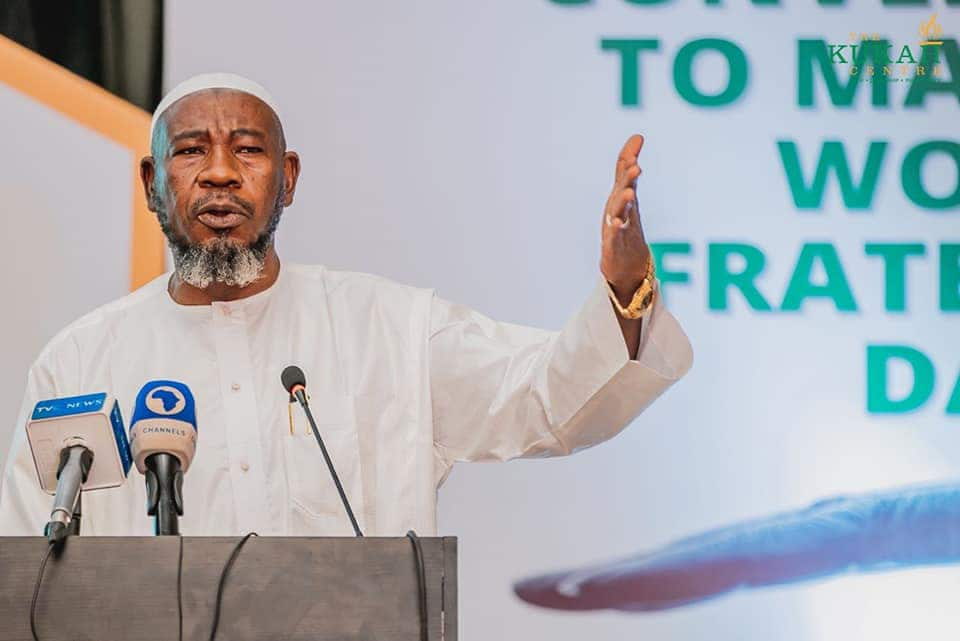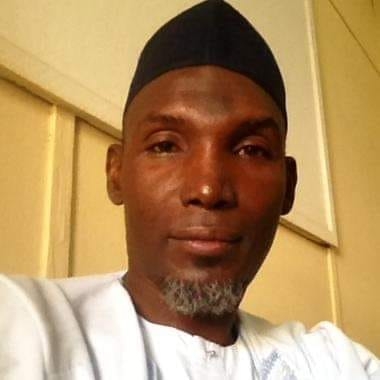Should Muslims go dialoguing? The roadmap to understanding ‘interfaith’ in Nigeria
By Sadiya Abubakar Isa, PhD It appals me to see the Muslim North divided on a trivial yet substantial religious issue like ‘interfaith’. I have for long heard Muslim clerics…


